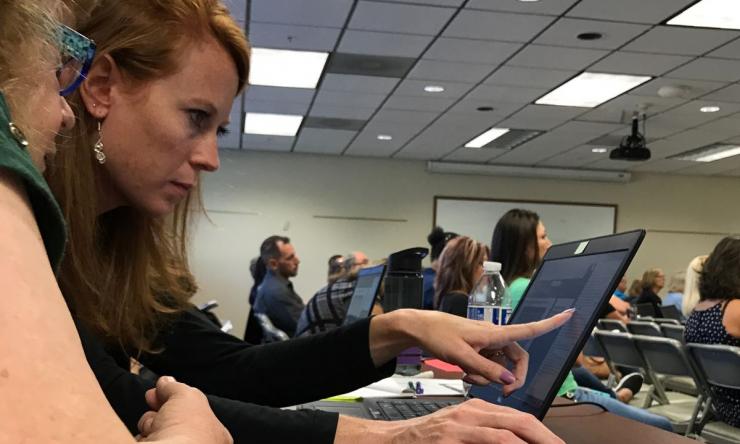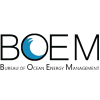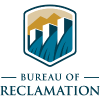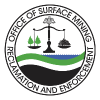Economist
Position Overview
Economists help DOI gather and analyze data to study and evaluate a broad range of environmental, wildlife and land use issues, and play a part in helping DOI make sound public policy decisions. The natural resources mission of Department of the Interior and economics intersect in surprising ways.
This position is represented at the following bureaus
Candidate Description
The ideal candidate is an analytical person interested in applying their professional knowledge of economic theory and statistics to complex natural resource and environmental issues and opportunities. The ideal candidate will have strong problem solving and computer and quantitative skills but will also be patient, persistent and able to speak and write effectively and persuasively.
Work Environment
Mostly indoors, in an office setting.
Minimum Education Requirements
Please see the Individual Occupation Requirements and the Professional and Scientific Positions Group Qualification Standard on the OPM websites.
Career Level Requirements
Responsibilities by Level
Journey:
- Analyzing economic effects of critical habitat designations for threatened or endangered species
- Valuing natural resource damages from oil or hazardous material contamination
- Analyzing impacts of proposed DOI land acquisitions
- Evaluating the potential impact of new legislation
Senior:
- Developing and interpreting policies for land use
- Reviewing economic impacts related to environmental policy compliance or regulatory rulemaking
- Advises leadership on economic aspects of policy and program or project issues
Strengths by Level
-
Arithmetic/Mathematical ReasoningPerforms computations such as addition, subtraction, multiplication, and division correctly; solves practical problems by choosing appropriately from a variety of mathematical techniques such as formulas and percentages.Show Tool TipJourney 11-13Senior 14-15
-
ComplianceKnowledge of procedures for assessing, evaluating, and monitoring programs or projects for compliance with Federal laws, regulations, and guidance.Show Tool TipJourney 11-13Senior 14-15
-
Decision MakingMakes sound, well-informed, and objective decisions; perceives the impact and implications of decisions; commits to action, even in uncertain situations, to accomplish organizational goals; causes change.Show Tool TipJourney 11-13Senior 14-15
-
Information ManagementIdentifies a need for and knows where or how to gather information; organizes and maintains information or information management systems.Show Tool TipJourney 11-13Senior 14-15
-
Oral CommunicationExpresses information (for example, ideas or facts) to individuals or groups effectively, taking into account the audience and nature of the information (for example, technical, sensitive, controversial); makes clear and convincing oral presentations; listens to others, attends to nonverbal cues, and responds appropriately.Show Tool TipJourney 11-13Senior 14-15
-
Problem SolvingIdentifies problems; determines accuracy and relevance of information; uses sound judgment to generate and evaluate alternatives, and to make recommendations.Show Tool TipJourney 11-13Senior 14-15
-
ReasoningIdentifies rules, principles, or relationships that explain facts, data, or other information; analyzes information and makes correct inferences or draws accurate conclusions.Show Tool TipJourney 11-13Senior 14-15
-
Technical CompetenceUses knowledge that is acquired through formal training or extensive on-the-job experience to perform one's job; works with, understands, and evaluates technical information related to the job; advises others on technical issues.Show Tool TipJourney 11-13Senior 14-15
-
WritingRecognizes or uses correct English grammar, punctuation, and spelling; communicates information (for example, facts, ideas, or messages) in a succinct and organized manner; produces written information, which may include technical material, that is appropriate for the intended audience.Show Tool TipJourney 11-13Senior 14-15
Common Pathways
Candidates who made this career change most commonly held these occupations...
Natural Resources Management and Biological Sciences
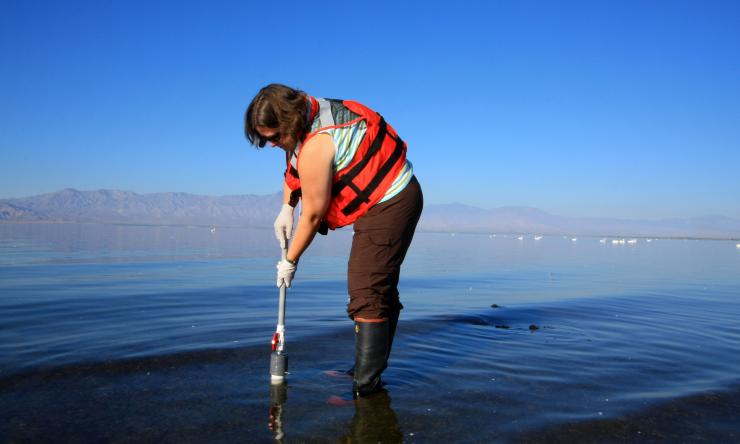
Environmental Protection Specialist
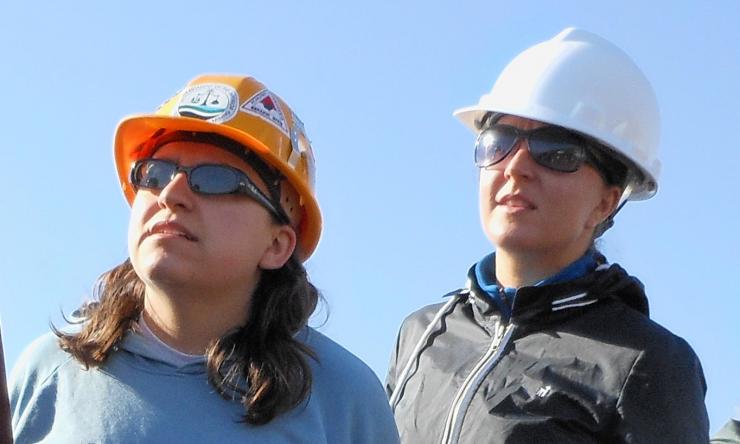
Management and Program Analysis
